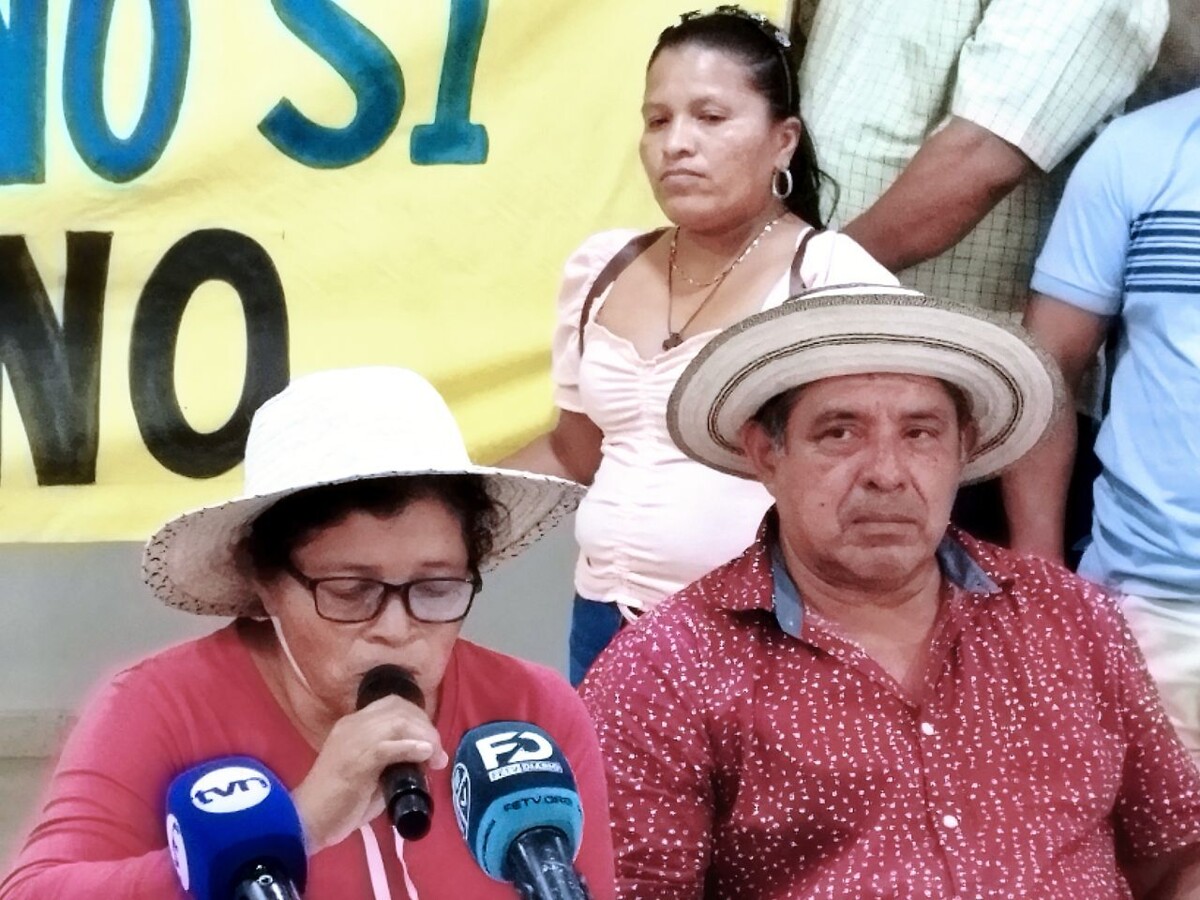
Digna Benítez, president of the Peasant Coordinator for Life, along with peasant communities from the Indio River basin in Panama, has announced mobilizations in defense of the lands they have occupied for generations. The protest arises against the eviction plans of productive areas by the Panama Canal Authority (ACP).
Benítez accuses the ACP of spreading misleading information about the acceptance of the water exploitation project of the Indio River by the riparian communities, which are mostly opposed due to various socioeconomic, political, legal, and environmental implications. Since 1999, the peasants have been fighting against the Board of Directors of the ACP, which seeks to use the Indio River to supply fresh water to the Panama Canal.
The Indio River is vital for the agricultural and livestock activities of more than 12,000 people living in its vicinity who resist the proposed uprooting plan. Protests are expected in front of the ACP and Ministry of Environment offices in rejection of this project. The communities of the Indio River basin supplied fresh food to the cities of Panama during the Covid-19 pandemic, demonstrating their importance.
Leaders argue that the Indio River does not have sufficient water capacity for the needs of the Panama Canal and that there are technical alternatives to ensure its future operation. The communities have empowered lawyer Santander Tristán Donoso to file a request before the Inter-American Commission on Human Rights to prevent rights violations in Panama.
In this regard, Alquibíades Martínez, leader of the Tres Hermanas sector in Capira, states the willingness of the peasants to take to the streets to protect their lands. The struggle for the defense of the Indio River and the riparian communities continues amid the resistance of those who depend on this natural resource for their daily livelihood.












